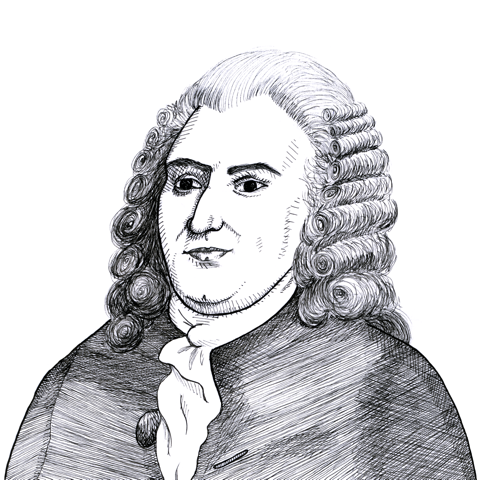
Quotes by Bernard Mandeville
1670 – 1733
Bernard Mandeville (1670-1733) was born in Holland in 1670 into a family of physicians and naval officers. He received his degree of Doctor of Medicine at Leiden in 1691 and began to practice as a specialist in nerve and stomach disorders, his father’s specialty.
Bio
Perhaps after a tour of Europe, he ended up in London, where he soon learned the language and decided to stay. He married in 1699, fathered at least two children, and brought out his first English publication in 1703 (a book of fables in the La Fontaine tradition). He wrote works on medicine (A Treatise of the Hypochondriack and Hysterick Passions, 1711), poetry (Wishes to a Godson, with Other Miscellany Poems, 1712), and religious and political affairs (Free Thoughts on Religion, the Church, and National Happiness, 1720). He died in 1733. His most famous work, The Fable of the Bees, or Private Vices, Publick Benefits, came out in more than half a dozen editions beginning in 1714 (the poem The Grumbing Hive upon which it was based appeared in 1705) and became one of the most enduringly controversial works of the eighteenth century for its claims about the moral foundations of modern commercial society.
See the Liberty Matters online discussion on Mandeville, Hayek, and the Politics of Self-Esteem
Economics
Bernard Mandeville uses a fable about bees to show how prosperity and good order comes about through spontaneous order (1705)
Economics
Bernard Mandeville concludes his fable of the bees with a moral homily on the virtues of peace, hard work, and diligence (1705)
War & Peace
Bernard Mandeville on how the Hardships and Fatigues of War bear most heavily on the “working slaving People” (1732)
Economics
Mandeville on the social cooperation which is required to produce a piece of scarlet cloth (1723)